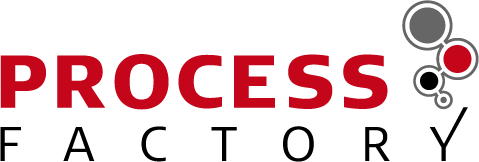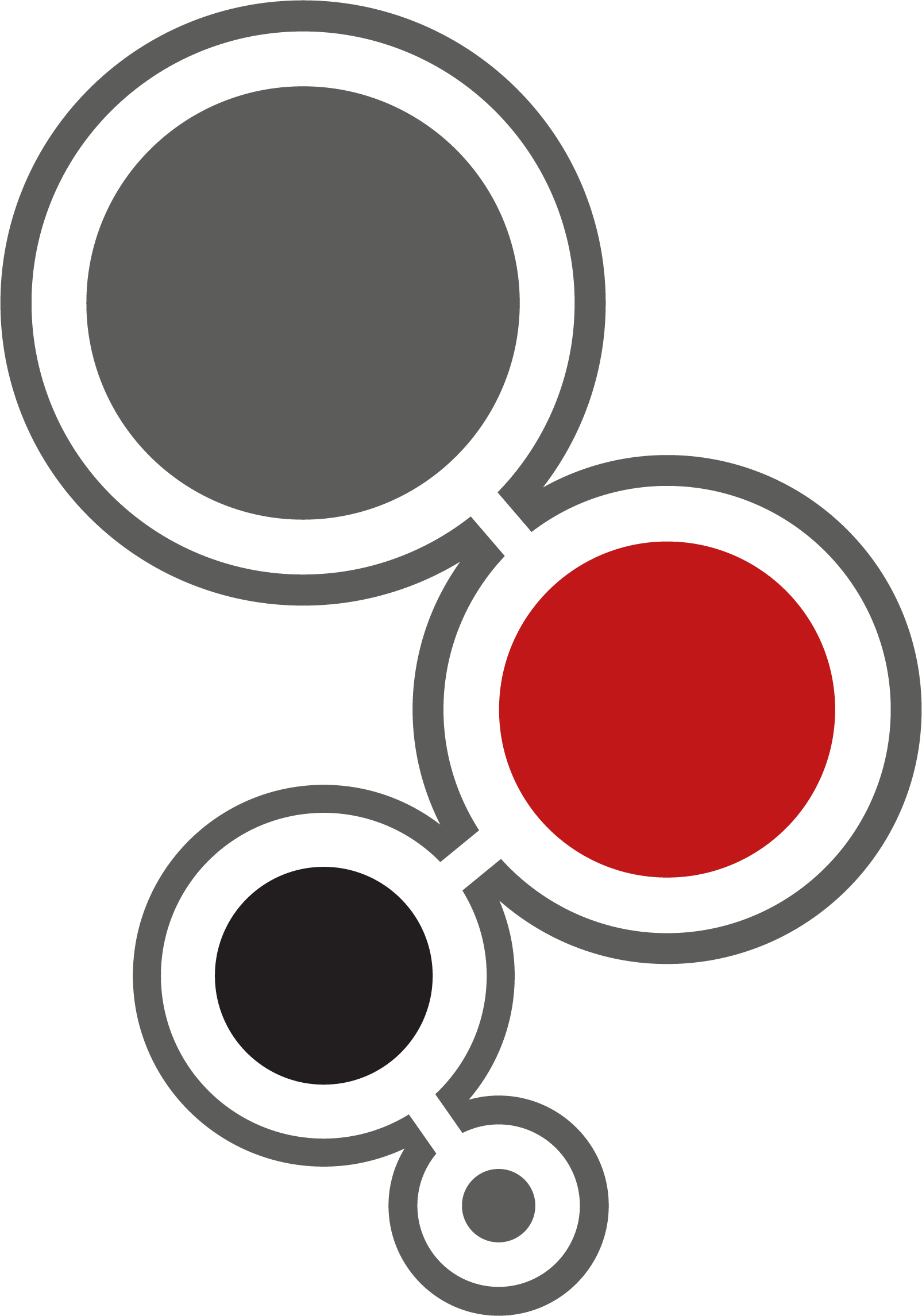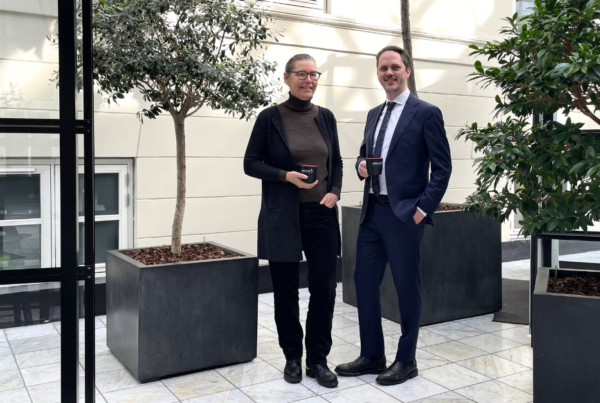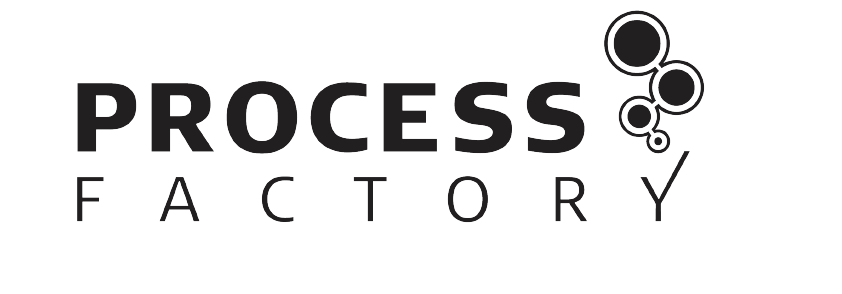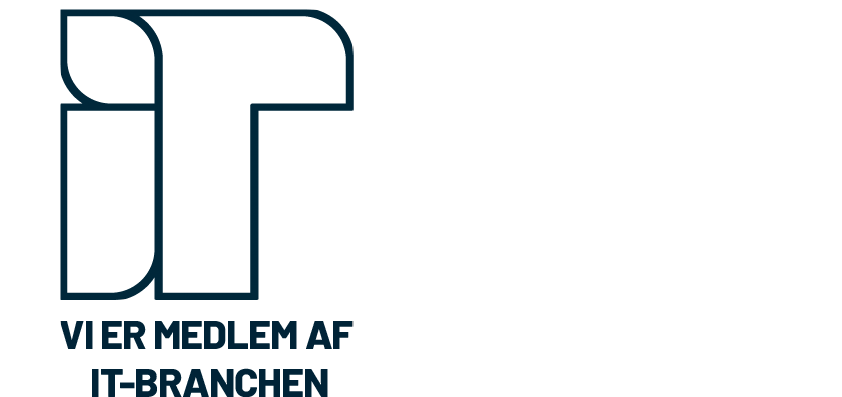Danish insurance is highly digitalized due to a public digitalization strategy as well as the effort of the industry itself to develop a common digital infrastructure. This has lead to increasingly more complex system implementations due to the growing number of must-have integrations to external systems. The same can be said about the complexity of the business processes that requires the integrations.
The must-have integrations can be characterized into three major groups:
- Public/regulatory systems
- Industry specific systems
- Customer specific systems
Public/regulatory systems
Public/regulatory systems are national systems provided by the relevant authorities to support a digitalization of processes related to current regulation e.g. the EASY-system provided by Arbejdsmarkedets Erhvervssikring (AES) to report workers compensation claims and the digital motor register provided by the Danish tax authorities (SKAT) to enforce proper insurance for motor vehicles.
Industry specific systems
Industry specific systems are developed and supported by Forsikring og Pension (Insurance and Pension in Denmark) on behalf of the Danish insurance companies. These systems are all introduced to digitalize processes between the insurance companies e.g. the EDI-system for cancellations of policies, used when an insurance company successfully moves a customer from a competing company. As well as between the insurance companies and relevant third parties e.g. the Autotaks-system that are used to handle claim calculations from the bodyshops.
Customer specific systems
Finally there is a large number of customer specific systems to take into account. Most of them are provided by private system vendors such as Experian, Scalepoint and In4mo.
Domain expertise is pivotal
The large number of must-have integrations generates benefits for the customers as well as the insurance companies when fully implemented. However, system implementations suffer because of the lack of transparency and highly complex business processes surrounding the integrations. Delays and cost overruns are frequently encountered.
From our many years of working with Danish integrations and system implementations it is clear that there is a lot to gain, if domain expertise and local know is applied at the right time in the project. That limit the expensive delays and cost overruns. And ressources can be spend on creating customer value.
